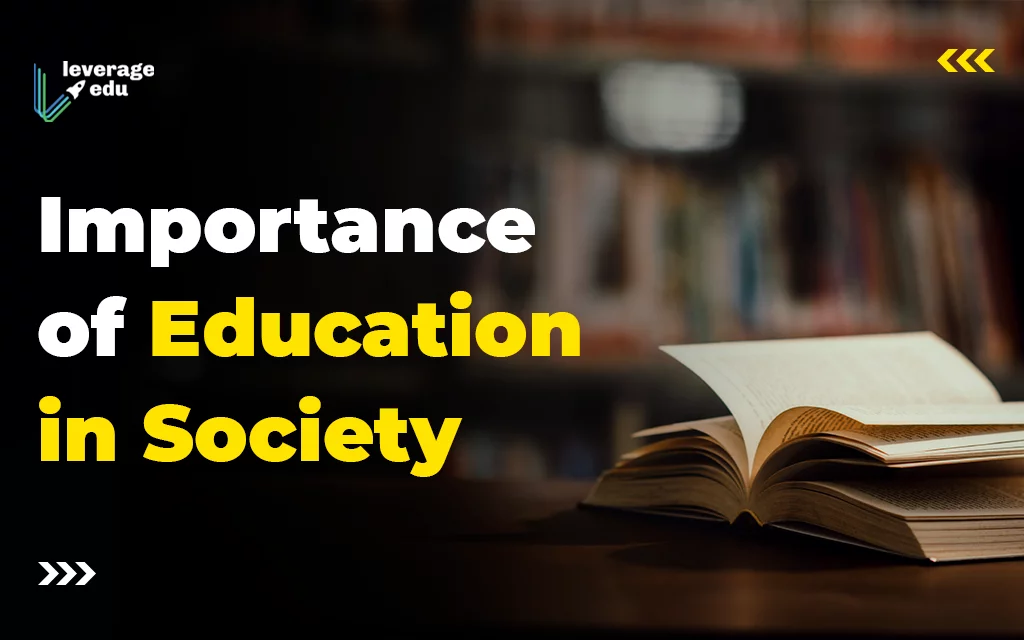Role of the State in Education According to Durkheim.
According to Durkheim, the role of the state was really essential in the education. The determining cause of a social fact must be sought among the antecedent social facts and not among the states of the individual consciousness. Durkheim saw the population density and growth as key factors in the evolution of the societies and advent of modernity.
As the number of people in a given area increase, so does the number of interactions and the society becomes more complex. Growing competition between the more numerous people also leads to further division of labor. in time, the importance of the state, the law and the individual increases, while that of the religion and moral solidarity decreases.
Government has an important role in helping the department of children and schools deliver its education strategy. It focuses on giving children an excellent start in education and enabling young people to involve themselves in life and work skills. Government encourages adults to get their full potential through learning.
All government and agencies play a critical role in early childhood education and education programs are funded by both province and federal government. Government role in education has only become controversial in the past few years. In contrast, government role in the funding and delivery of the education has been widely established in all the countries. Government is also playing its part by encouraging parents to get involved in their child’s education.
Bureaucracy.
If you take efficiency as a key value in education, you at once subject the enterprise to eventual bureaucratic administration. This is because, as Max Weber argues, bureaucracies are
- The most efficient form of administration.
- Inevitable in the modem world.
The decisive reason for the advance of bureaucratic organization has always been its purely technical superiority over any other form of organization. The fully developed bureaucratic mechanism compares with other organizations exactly as does the machine with the non-mechanical modes of production. The strength of bureaucracy is also its problem: it transforms the people carrying out the associated work into functionaries in the case of education, this includes teachers.
Political Will.
However, the fact is that education, despite being on the top priority of each government, practically has not been seen in deprived and wanted areas. Progress is being made but at snail’s pace. So, we remain in the position of mark time. This status quo, though, has never been compromised by the people at the helm of affairs and that is why education, despite its slow progress, always remains a top priority
In every subsequent annual budget, therefore, an increase in the allocation of education sector is reflected. Unfortunately, owing to the telling factors from time to time in the country, the education budget could seldom be utilized in full. The other factor is that poverty in the country has continued unabated over many decades, therefore, the parents, mostly illiterate ones; prefer their children to start doing menial jobs instead of sending them to schools.
Education for all is good, but now the time has come for schools to disseminate quality education. Media and computer in unison have immensely given a great boost to information and knowledge, now easily accessible to many in the country. In the teaching and learning process new thoughts, approaches and attitudes are being developed rapidly every now and then.
Schools can occupy an important place, leading to the spontaneous growth and prosperity of a country if curriculum, textbooks and teaching methodologies are up to date. Quality schooling for the young ones is essential to create an understanding of the country’s real problems, filtering the process for betterment. Different segments of society are coming forward in the propagation of education, and some of the chains of reputed educational organizations have set a praiseworthy standard for quality education.





